 We’ve all been “made aware” of the insidious disease, breast cancer. Our mothers, sisters, wives, friends have suffered, and, if lucky, conquered the cell mutation that affected nearly 300,000 women in the U.S. in 2013 alone, according to The American Cancer Society.
We’ve all been “made aware” of the insidious disease, breast cancer. Our mothers, sisters, wives, friends have suffered, and, if lucky, conquered the cell mutation that affected nearly 300,000 women in the U.S. in 2013 alone, according to The American Cancer Society.
But while we’re marching, donating, and researching to find a cure, are we aware that men get breast cancer too? Many believe the cute pink ribbon doesn’t convey awareness of breast cancer in both genders.
Cancer.gov (National Cancer Institute) indicates there are thousands of males with breast  lumps, redness and swollen breast skin, nipple retraction, or dimpling of the skin (common symptoms). Sadly, many do not seek medical attention until late stages due to the female-focused awareness and related breast cancer misconceptions.
lumps, redness and swollen breast skin, nipple retraction, or dimpling of the skin (common symptoms). Sadly, many do not seek medical attention until late stages due to the female-focused awareness and related breast cancer misconceptions.
For the year 2013, The American Cancer Society expected 2,240 new cases of invasive breast cancer in men. Over 400 of these men will die.
Keep in mind, these numbers don’t even include simple lump removals, or a quick round of radiation. These are male victims of invasive cancers; the hungry little cells that attack other organs and body parts (known as metastasis), and force men into chemo, radiation, even mastectomy.
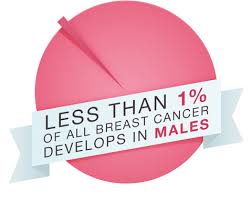 Known as a “rare” disease, male breast cancer hides under a rock while the world learns of the female breast cancer fight and celebrates the survivors.
Known as a “rare” disease, male breast cancer hides under a rock while the world learns of the female breast cancer fight and celebrates the survivors.
Women have been educated on self-exams, mammograms, preventative measures, and likely culprits and causes. Now we must clarify the nature of this cancer as a human disease, and include all people.
As with women, aging increases the likelihood of breast cancer, most often diagnosed between ages 60 to 70. Our fathers, uncles, and grandfathers are susceptible to the same risk factors as women, plus a couple extra. Breastcancer.org lists our risks as:
between ages 60 to 70. Our fathers, uncles, and grandfathers are susceptible to the same risk factors as women, plus a couple extra. Breastcancer.org lists our risks as:
- Radiation exposure (look up Camp Lejeune for a scare)
- High levels of estrogen (from liver issues, obesity, pesticide exposure, etc.)
- Family history of breast cancer
- Inherited gene mutations (BRCA2)
- Klinefelter’s Syndrome (men born with XXY chromosomes instead of XY)
In addition, Medicinenet.com reports that men taking certain drugs, such as Finasteride (Propecia, Proscar) for baldness or prostate enlargement may be at higher risk for breast cancer as well.
Per Cancer.gov, the prognosis for humans with breast cancer is similar between men and women and is based on certain factors such as:
- The stage of the cancer “The” type of breast cancer.
- Estrogen-receptor and progesterone-receptor levels in the tumor tissue.
- Whether the cancer is also found in the other breast.
- The patient’s age and general health.
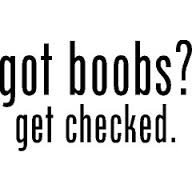 The prognosis can be greatly improved with information, so please share this knowledge and encourage the men in your life to watch for lumps and changes in breast and under-arm areas. Breast tissue is a component of the human form. Let’s protect all of ours – male and female – and hopefully save some lives.
The prognosis can be greatly improved with information, so please share this knowledge and encourage the men in your life to watch for lumps and changes in breast and under-arm areas. Breast tissue is a component of the human form. Let’s protect all of ours – male and female – and hopefully save some lives.
For more information – please consider these links:
We at United Patients Group recommend to NOT put a screening off due to fear. Regular check-ups can detect early stages in both men and women.
SALUTING IMAGE:

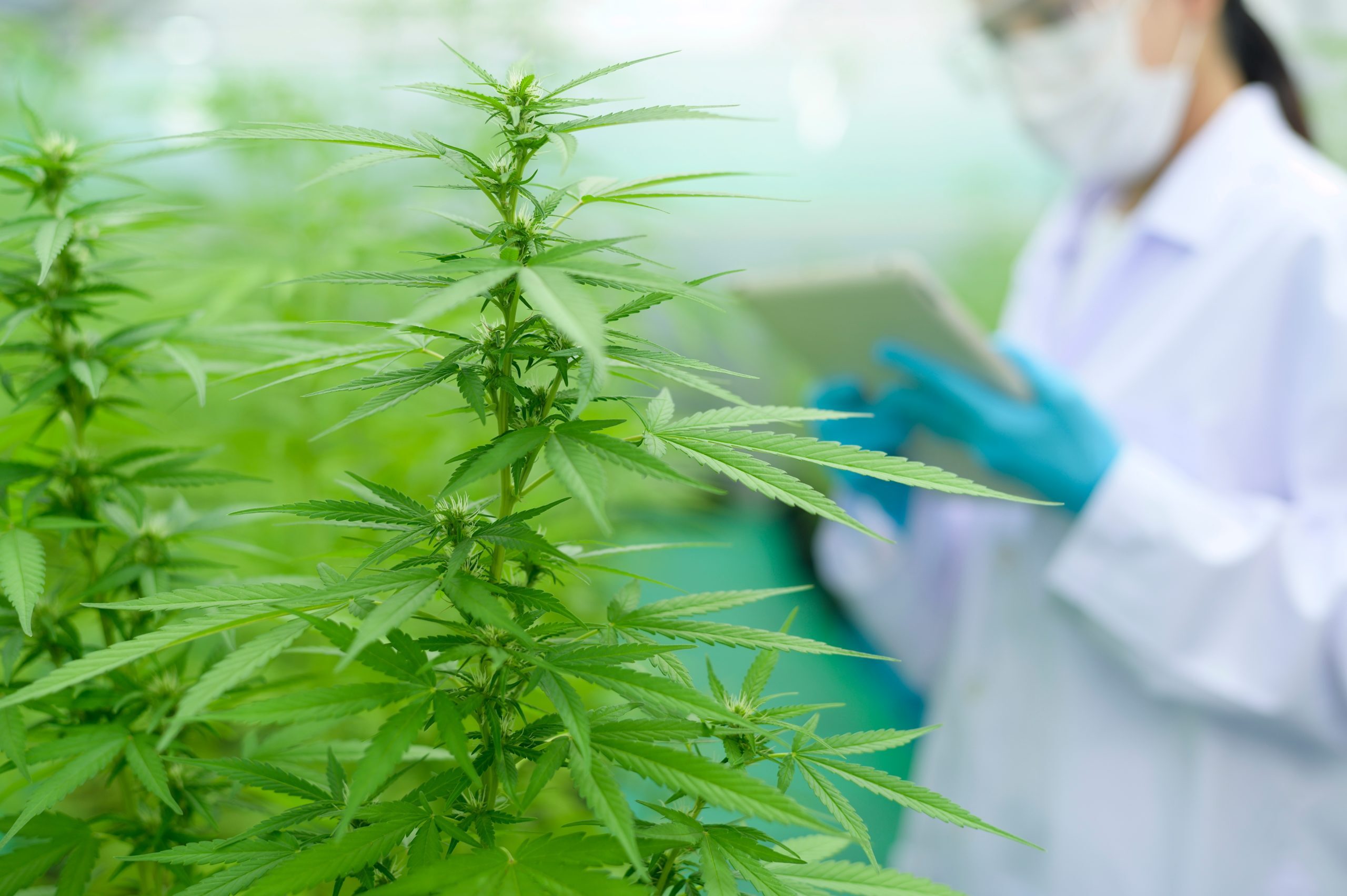

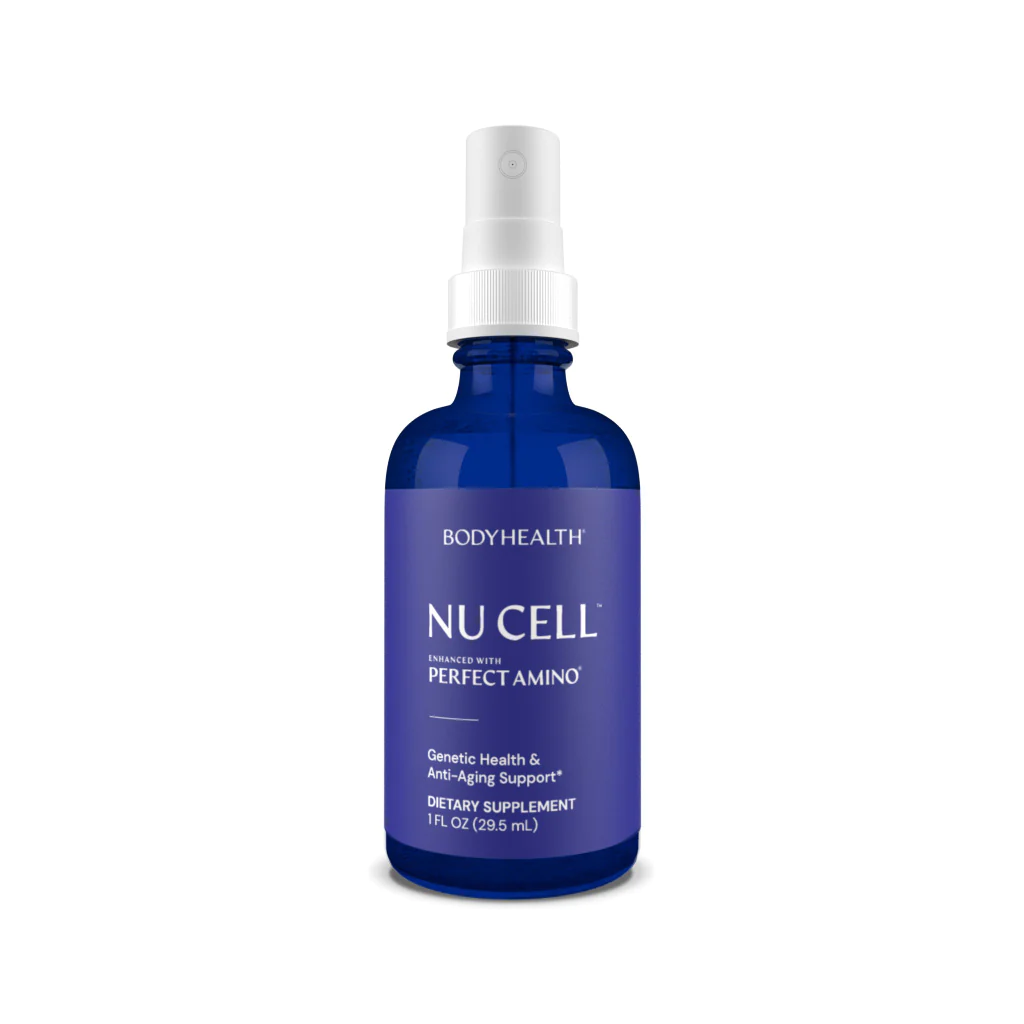
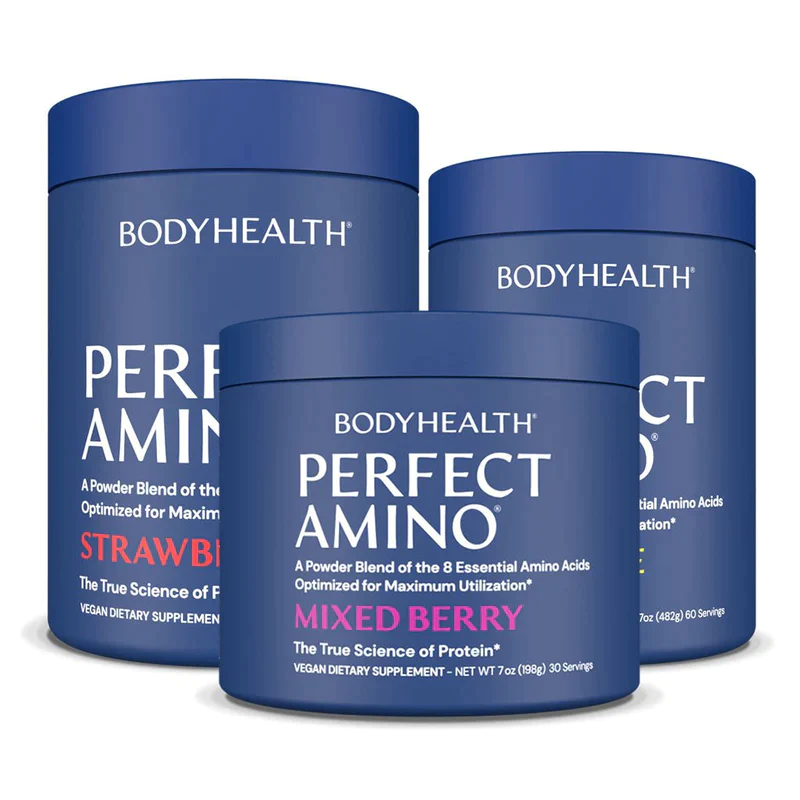
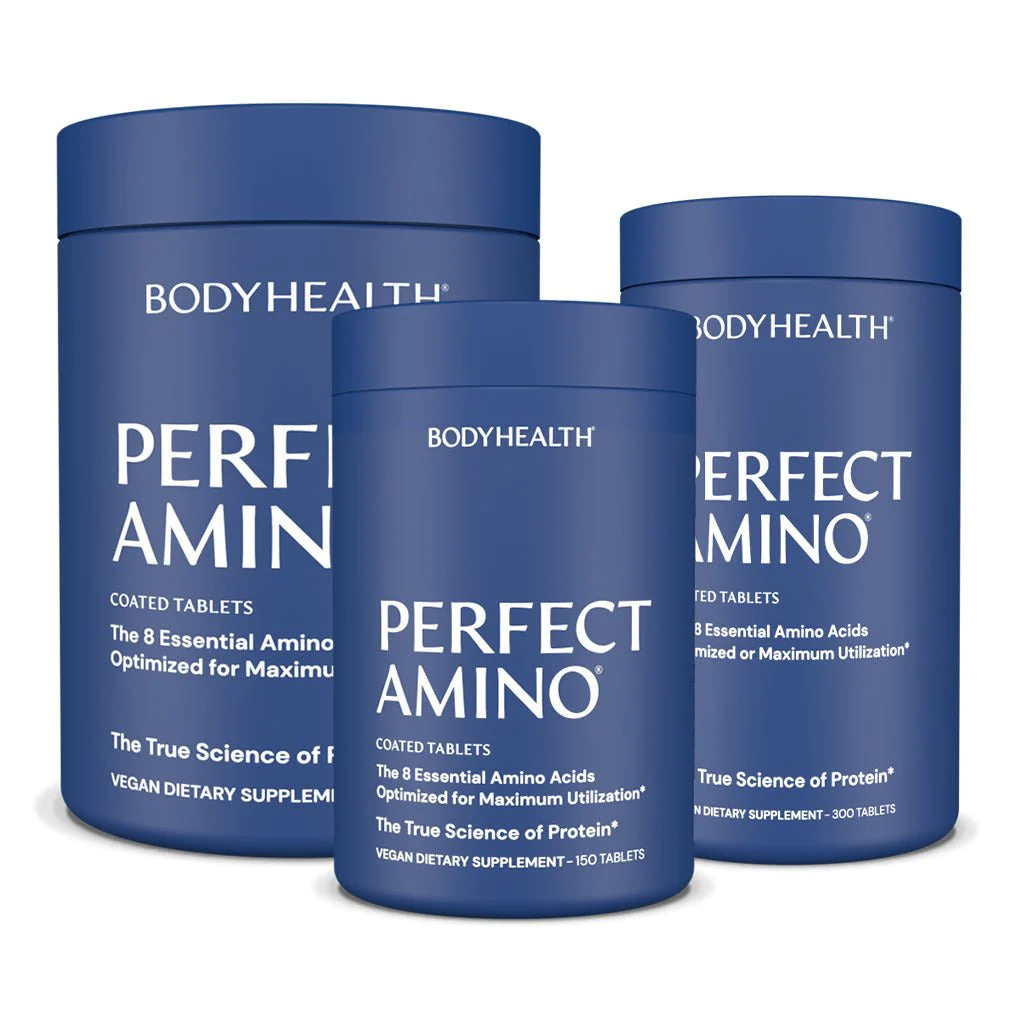
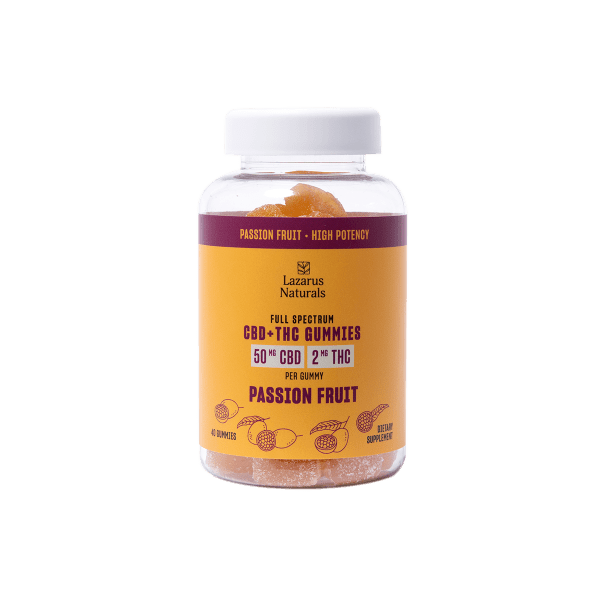
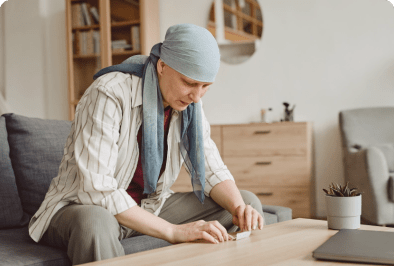

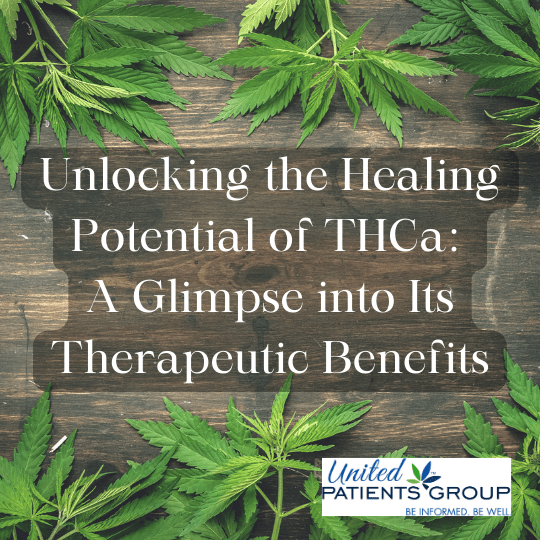


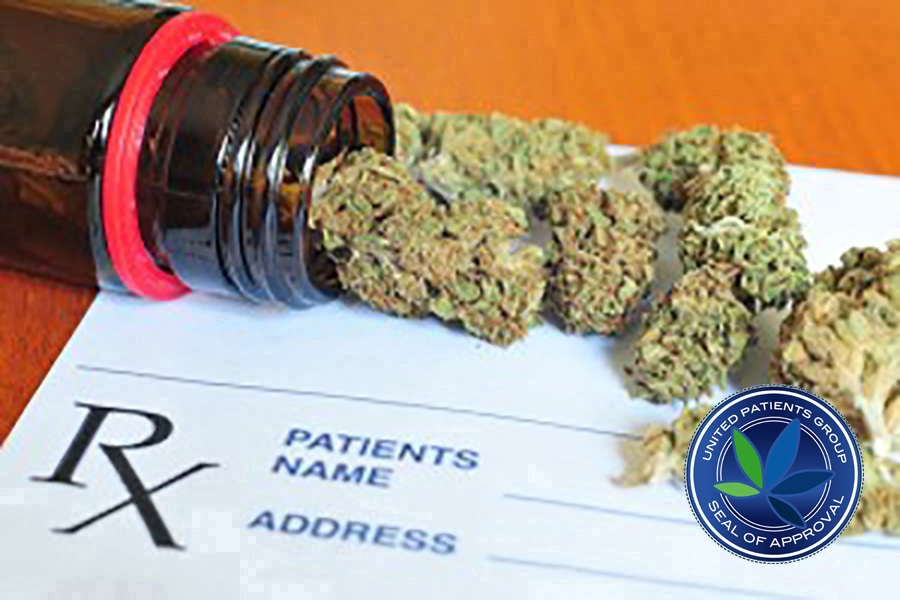

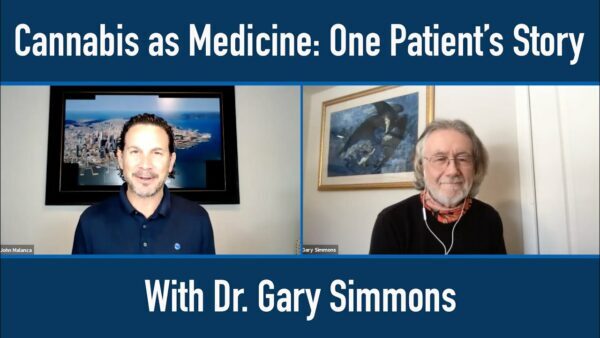
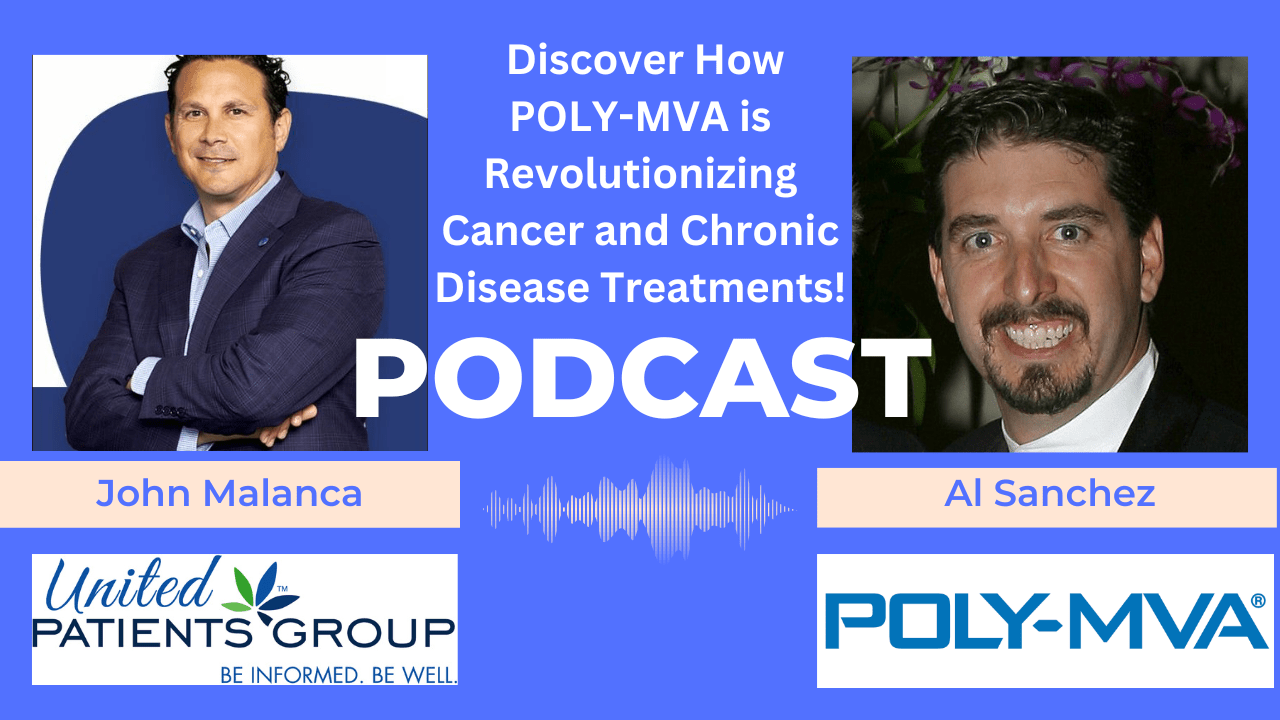
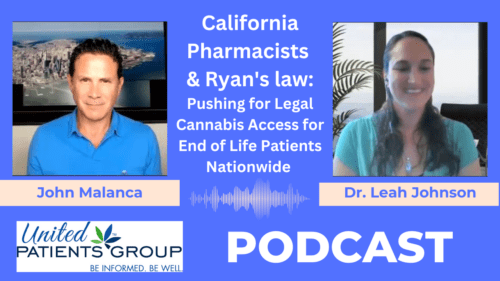
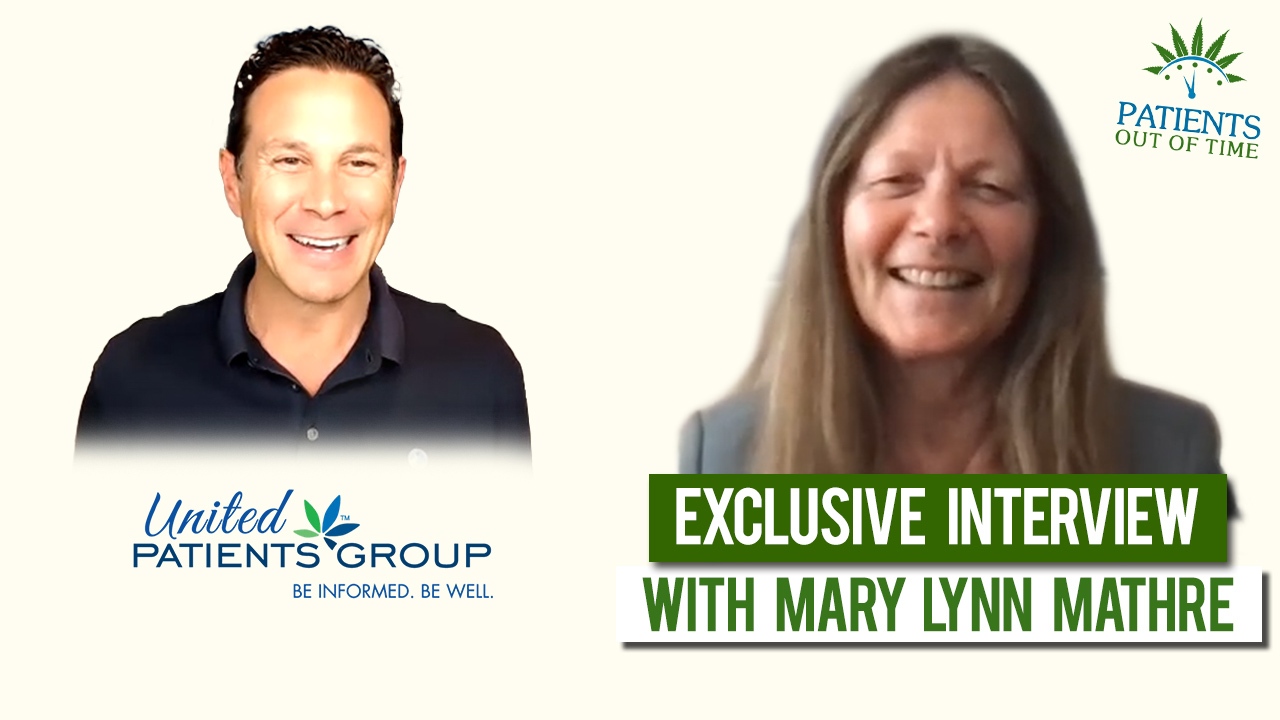
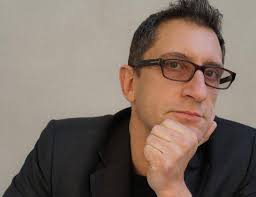
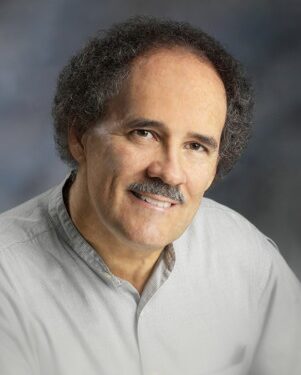


















What an amazing service your website provides and this blog about male breast cancer is only a small part of it!
Thank you Barbara! We appreciate all feedback on our writings and our work. If we can help one individual, then we’ve done our job.
Have a great day.
You failed to mention selenium iodine detoxification of the body and several other absolutely essential processes to reduce all cancer risk. You also completely ignored sodium and potassium balancing. The items you did mention are all well and good but are all dated and very weak preventative methods. You completely ignored a plant-based diet which is a huge reducer of breast cancer risk. I don’t even understand why you mentioned eating meat at all! But I understand you do “have to service” the needs of the general public if anyone is to pay attention. However you risk public health by doling out such poor advice when there is available so much more without inconveniencing anyone. I’m very disappointed in this video
Bill, While we are not doctors here at UPG, and make that clear in every correspodence that we have with others, our intention is to pass on what we know through conferences, patient’s feed back, reports, and studies. This is not OUR video, it was not made by UPG. Yes, this subject could be an entire book and there is much to be known. With that said, information here is just a starting point. We were asked by an employee at NORML to “bring up” this topic as her father lost his life to breast cancer. It seems many do not understand that men can suffer from this condition.
We are well aware of the Gerson treatment, it is quite extensive and helpful yet some find it overwhelming at first. We appreciate your opinion and will alert you when our dietary section is completed here on UPG. In the meantime, if you would like to submit a blog on this topic we would be happy to post it with all links directing back to you.
We hope this satisfies your concerns,
~The UPG Team